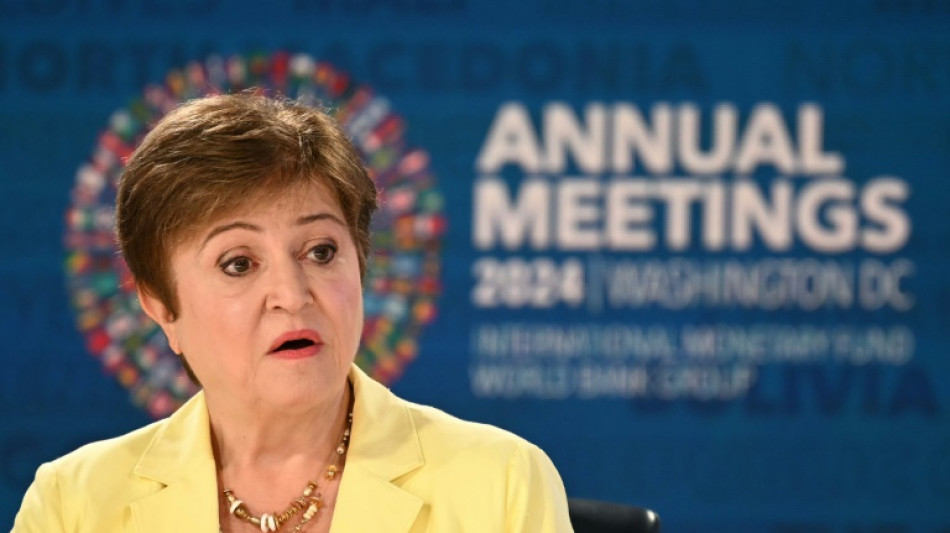
-
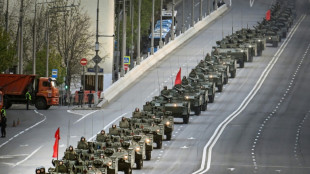 Ukraine fires drones on Moscow days before WWII parade
Ukraine fires drones on Moscow days before WWII parade
-
EU proposes ending all Russian gas imports by 2027
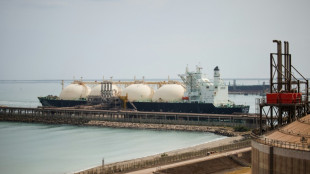
-
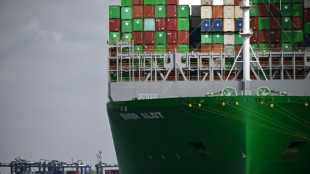 UK, India strike trade deal amid US tariff blitz
UK, India strike trade deal amid US tariff blitz
-
Move over Met Ball. For fashion wow head to the Vatican

-
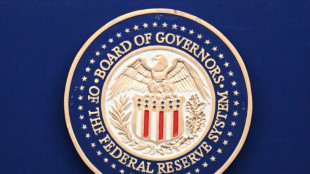 Stocks retreat as traders cautious before Fed rates call
Stocks retreat as traders cautious before Fed rates call
-
EDF complaint blocks Czech-Korean nuclear deal
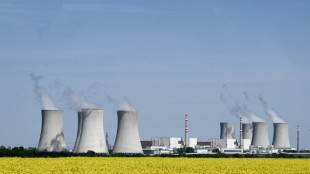
-
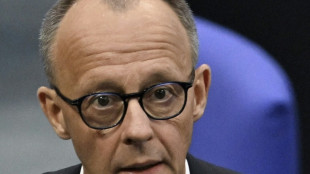 Germany's Merz faces new vote for chancellor after surprise loss
Germany's Merz faces new vote for chancellor after surprise loss
-
US trade deficit hit fresh record before new Trump tariffs
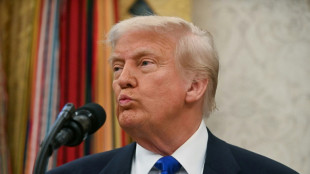
-
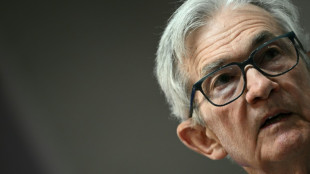 US Fed starts rate meeting under cloud of tariff uncertainty
US Fed starts rate meeting under cloud of tariff uncertainty
-
Trump's Aberdeen course to host revived Scottish Championship

-
 Argentina's 1978 World Cup winner Galvan dies
Argentina's 1978 World Cup winner Galvan dies
-
French lawmakers want Dreyfus promoted 130 years after scandal
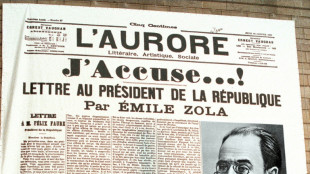
-
 AFP Gaza photographers shortlisted for Pulitzer Prize
AFP Gaza photographers shortlisted for Pulitzer Prize
-
Cristiano Ronaldo's eldest son called up by Portugal Under-15s

-
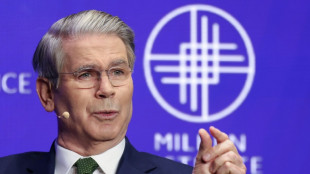 Stocks diverge as traders await Fed rates meeting
Stocks diverge as traders await Fed rates meeting
-
Tesla sales fall again in Germany as drivers steer clear of Musk
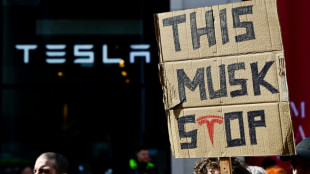
-
 Radiohead's Jonny Greenwood says shows cancelled after 'credible threats'
Radiohead's Jonny Greenwood says shows cancelled after 'credible threats'
-
Hamas says Gaza truce talks pointless as Israel wages 'hunger war'

-
 Aussie cycling star Ewan announces shock retirement
Aussie cycling star Ewan announces shock retirement
-
Blow for Germany's Merz as he loses first-round vote for chancellor
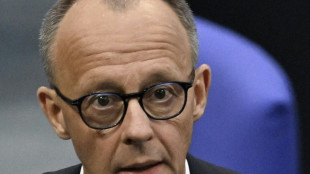
-
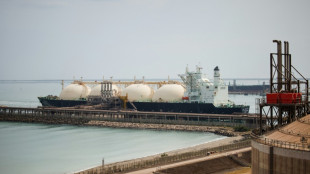 EU to lay out plan to cut last Russian gas supplies
EU to lay out plan to cut last Russian gas supplies
-
Food delivery app DoorDash agrees to buy peer Deliveroo
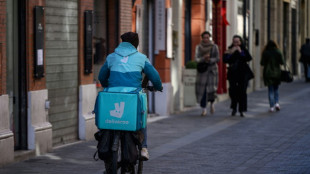
-
 Zhao's world championship win will take snooker to 'another level': sport's chief
Zhao's world championship win will take snooker to 'another level': sport's chief
-
Ukraine fires drones on Moscow days before Red Square parade
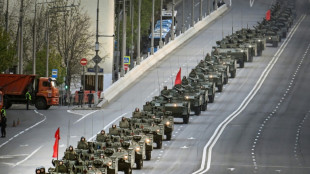
-
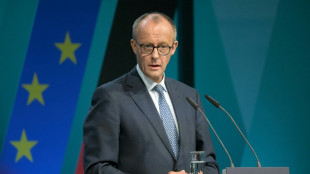 Blow for Merz as he misses majority in first vote for chancellor
Blow for Merz as he misses majority in first vote for chancellor
-
Putin gears up for 'grandest' Victory Day amid Ukraine conflict
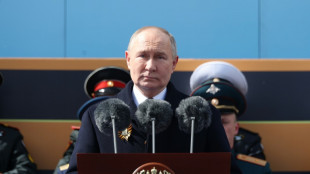
-
 Cardinals to move into Vatican on eve of conclave
Cardinals to move into Vatican on eve of conclave
-
Romania names interim premier as turmoil deepens
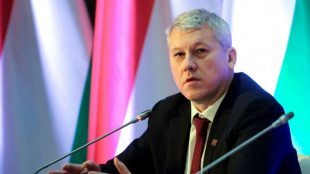
-
 DoorDash agrees £2.9 billion takeover of Deliveroo
DoorDash agrees £2.9 billion takeover of Deliveroo
-
Dollar recovers some losses, stocks mixed as traders eye tariff deals
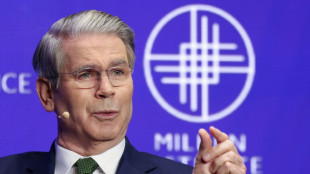
-
 Hamas says no point in further Gaza truce talks
Hamas says no point in further Gaza truce talks
-
'Aussiewood' courts Hollywood as Trump film tariffs loom
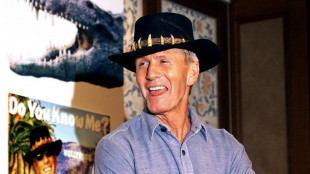
-
 How a privately owned city in Kenya took on corrupt officials
How a privately owned city in Kenya took on corrupt officials
-
Ozempic slimming craze sweeps Kosovo despite side effects
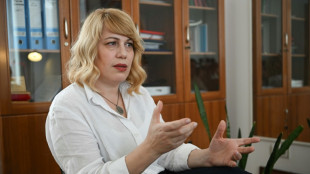
-
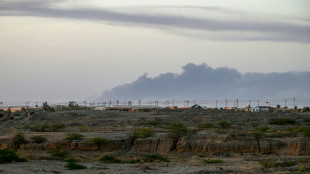 Drone strikes rock Port Sudan in third day of attacks
Drone strikes rock Port Sudan in third day of attacks
-
US President Trump and Canada's Carney set for high-stakes meeting
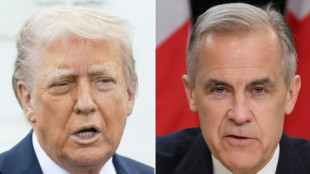
-
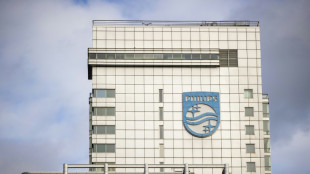 Philips turns in a profit but China, tariffs weigh
Philips turns in a profit but China, tariffs weigh
-
Drones hit Port Sudan airport in third day of attacks
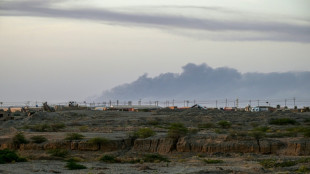
-
 Australian mushroom murder suspect rejected help preparing meal: witness
Australian mushroom murder suspect rejected help preparing meal: witness
-
Jokic-inspired Nuggets stun Thunder, Knicks down Celtics

-
 India's woman fighter pilot trailblazer eyes space
India's woman fighter pilot trailblazer eyes space
-
'Shared dream': China celebrates Zhao's world snooker breakthrough

-
 Wait for Vatican white smoke fires up social media
Wait for Vatican white smoke fires up social media
-
Sinner leading the charge in golden era for Italian tennis

-
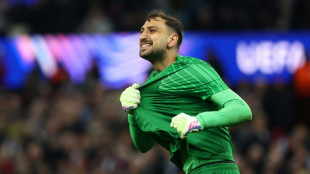 Donnarumma stands tall on PSG's Champions League run
Donnarumma stands tall on PSG's Champions League run
-
Dollar recovers some losses, stocks gain as traders eye tariff deals
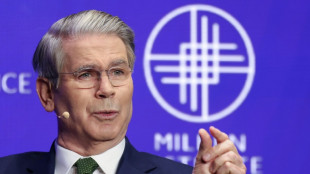
-
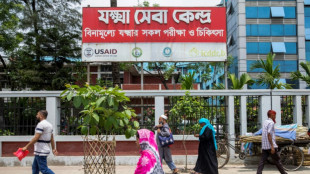 US aid cuts push Bangladesh's health sector to the edge
US aid cuts push Bangladesh's health sector to the edge
-
Prayers, pride in Philippine papal contender's hometown

-
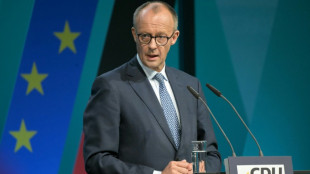 Germany's Merz to launch new govt in times of Trump turbulence
Germany's Merz to launch new govt in times of Trump turbulence
-
Brunson sparks Knicks in comeback win over Celtics


World economy should avoid recession despite tariffs, IMF chief says
The global economy is likely to avoid a recession despite the hit to growth from US President Donald Trump's tariff rollout, the head of the International Monetary Fund said Thursday.
The stop-start US tariff plans have fueled levels of market volatility unseen since the Covid-19 pandemic, and most economists expect the imposition of new import levies will stifle growth and push up inflation, at least in the short term.
Trade disruptions "incur costs," IMF Managing Director Kristalina Georgieva told reporters in Washington on Thursday according to prepared remarks, adding that the Fund now expects "notable" markdowns to growth but no recession.
"This is a reminder that we live in a world of sudden and sweeping shifts," she said of the recent market volatility during her speech, which came ahead of next week's Spring Meetings -- a gathering of global financial leaders co-hosted by the IMF and the World Bank in the US capital.
"And it is a call to respond wisely," she added.
Her comments suggest the IMF will use its upcoming World Economic Report, published Tuesday, to pare back its previous forecast for global growth to hit 3.3 percent in 2025 and 2026.
- 'Uncertainty is costly' -
Georgieva said the current tariff tensions would likely have three major consequences for the global economy, with smaller advanced economies and most emerging markets likely to be more heavily affected due to their reliance on trade for growth.
"First, uncertainty is costly," she said, adding that it becomes difficult for business to make plans if they do not know how much their inputs will cost in the future.
"Second, rising trade barriers hit growth upfront," she said, adding that "tariffs, like all taxes, raise revenue at the expense of reducing and shifting activity."
"Third observation: protectionism erodes productivity over the long run, especially in smaller economies," she said.
Georgieva called on all countries "to put their own houses in order" by -- among other things -- gradually adjusting their fiscal policies to lower debt levels when necessary, and by maintaining an "agile and credible' monetary policy with a "strong commitment" to central bank independence.
- 'More level playing field' -
Countries should also prioritize tackling internal and external macroeconomic imbalances, Georgieva said.
For China, the IMF has recommended to China that it enact policies "to boost chronically low private consumption," and move the country away from its current state-supported, export-driven model of growth, she said.
The United States, she added, must work to put rapidly rising government debt "on a declining path."
And for the European Union, the focus should remain on improving competitiveness "by deepening the single market," she said.
Georgieva, who leads an organization that has long championed free trade, privatization, and more open economies, called on the largest countries to chart a path through the current trade uncertainty.
"In trade policy, the goal must be to secure a settlement among the largest players that preserves openness and delivers a more level playing field," she said.
The aim, she added, should be "to restart a global trend toward lower tariff rates while also reducing nontariff barriers and distortions."
"We need a more resilient world economy, not a drift to division," she added. "And, to facilitate the transition, policies must allow private agents time to adjust and deliver."
D.Moore--AMWN